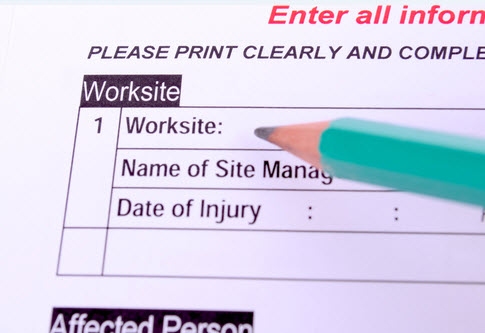Understanding The Idiopathic Defense

If you are a Maryland employee who has been injured or developed an illness or disease at work, you may have filed a workers’ compensation claim. However, just because you filed a claim does not mean that it will be approved. In fact, there is a good chance your claim will be denied. Sometimes this denial is legitimate, however, oftentimes it is simply an attempt by the workers’ compensation insurance company to avoid paying out a valid claim. After all, if the workers’ compensation company paid out every claim that was submitted they might well not be in business. For this reason, getting coverage for a work-related injury can sometimes become a bit of an endurance game, simply appealing and refusing to give up until coverage is awarded. One of the defenses that workers’ compensation insurance companies use to avoid liability is known as the idiopathic defense. Understanding what this defense is and what it means can help you assess whether you have a valid claim that is entitled to coverage. Scheduling a consultation with a Maryland workers’ compensation attorney can also help you in making this assessment and in determining the best avenue to compensation and support.
What is the Idiopathic Defense?
In order to receive coverage for a work-related injury under workers’ compensation insurance, you must have been injured at work and as a result of your employment. In other words, your injury must have been caused by your work. It must also have been for the benefit of your employer. If you were roughhousing, operating equipment while under the influence of alcohol or in violation of company policy, this behavior would not be considered to be for the benefit of your employer, so your injuries would likely not be covered. There must also be a causal connection between your injury or illness and your employment. For instance, if you have a seizure at work but the cause of the seizure does not appear in any way to be related to your place of work, there is no causal connection. In cases like this, the workers’ compensation insurance company will likely assert the idiopathic defense, denying coverage on the basis that there is no causal connection between the injury or illness and the workplace. In one case, a police officer was walking down a staircase at the police department when a small piece of bone in his knee broke off. While it is clear that he was injured and that the injury occurred at his place of work, there was no evidence that the injury occurred because of work. It could just have easily occurred anywhere else that he was walking. It’s important to understand that in these cases, the burden is on the injured employee to prove that their injury is causally linked to the workplace. The police officer failed to meet this burden and did not receive coverage for his injury. The idiopathic defense can be overcome by establishing this causal link. These cases are very fact specific and whether you feel the injury may or may not be considered work related – you should contact a workers’ compensation attorney to help make an informed decision.
Talk to a Maryland Workers’ Compensation Attorney
If you are an employee who has been injured at work and are struggling to receive the benefits that you are entitled to, the experienced Maryland workers’ compensation attorneys at Berman | Sobin | Gross LLP are ready to help. Call today to schedule a free consultation.
